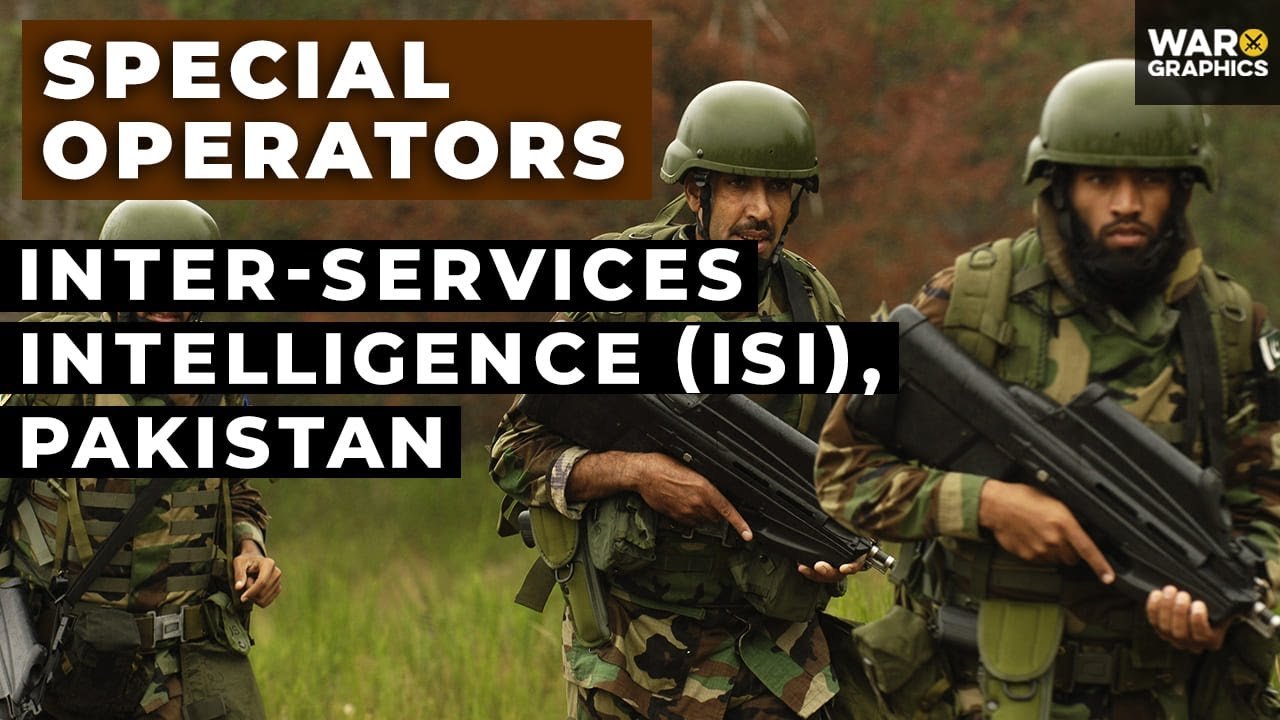- The ISI was established in 1948, shortly after Pakistan’s independence, to coordinate military intelligence and has evolved into a powerful and controversial intelligence agency.
- It has played significant roles in regional conflicts, particularly in Kashmir and Afghanistan, and has been involved in supporting proxy militias, including the Taliban and other jihadist groups.
- The ISI has received training and support from Western intelligence agencies, notably the CIA during the Cold War, despite its contentious relationship with the US in later years due to its support for jihadist organizations.
- Accusations against the ISI include supporting terrorist activities, such as those of Lashkar-e-Taiba, and obstructing global counter-terrorism efforts, notably in the hunt for Osama bin Laden.
- The organization operates with a high degree of autonomy within Pakistan, making it difficult for the Pakistani government to exert control over its activities.
- The ISI is structured into several divisions, handling everything from domestic intelligence and espionage to covert operations and counter-terrorism.
- Despite its controversial tactics and alliances, the ISI remains a central element of Pakistan’s power structure, influencing domestic and international politics.
- The video also touches on the internal challenges and dangers faced by ISI operatives, including attacks from jihadist groups with whom they have had fractious relationships.
- The ISI’s involvement in international operations and its capacity to operate globally, including in places like Europe and Canada, underscore its broad reach and strategic ambitions.
- Training for ISI agents includes both military personnel and civilians, with rigorous intelligence courses and assignments aimed at preparing them for a wide range of espionage activities.
- The agency’s future strategies and its role in regional politics, especially in relation to India, Afghanistan, and global superpowers like the US and China, remain critical areas of interest.
This summary has been generated by AI.

Leave a Reply